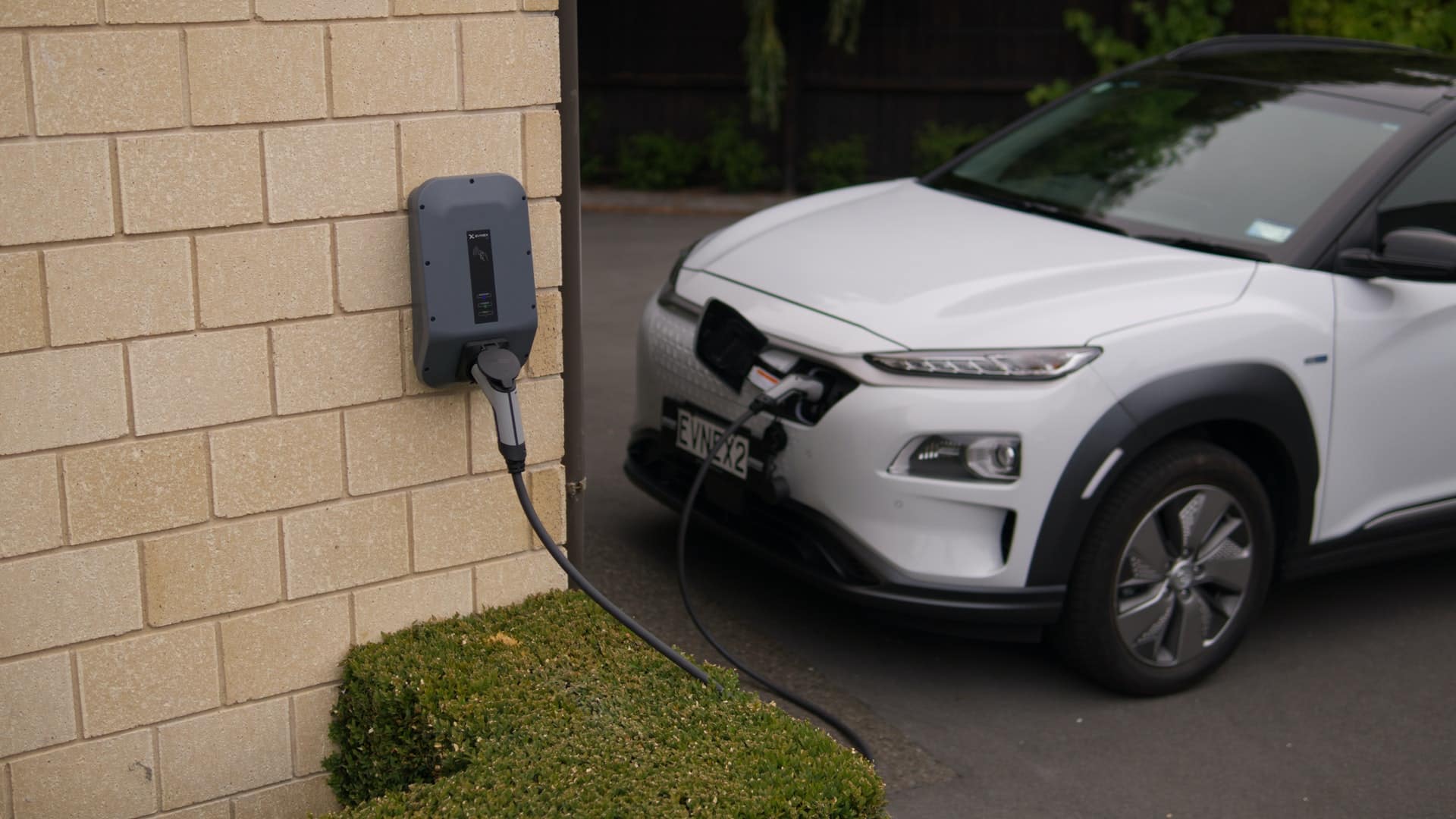Electric Vehicle
Domestic EV manufacturers struggle with shortage of lithium-ion batteries
With the automobile industry already hit by chip shortage, now domestic EV manufacturers are struggling to source lithium-ion batteries. Surging global demand, production curbs in China and congestion in shipping routes have impacted supplies to India. To add to the woes of domestic manufacturers, the cost of lithium-ion batteries has plummeted dramatically as its likely to be the dominant technology for the foreseeable future.
Industry experts have brushed off shortage of lithium as a June report by BNEF estimated that the current reserves of the metal, 21 million tonnes, according to the US Geological Survey are enough to carry the conversion to EVs through to the mid-century. As cars electrify, the challenge lies in scaling up lithium production to meet demand. And this is bound to grow seven times between 2020 and 2030. Haresh Kamath, a specialist in energy storage at Electric Power Research Institute in Palo Alto, California, says this could result in temporary shortages and dramatic price swings. “As more processing capacity is built, these shortages are likely to work themselves out.”
According to a research by Frost & Sullivan, the global Li-ion battery materials market is expected to generate $51.60 billion in revenue by 2027 from $18.75 billion in 2021. The uptake in EVs, increasing consumer preferences towards electric cars, advancements in battery chemistries and the continued enactment of policies support energy storage market expansion. The report states that Europe is expected to record an aggressive growth in battery and materials manufacturing to account for a third of the global market by 2027. Gautam Rashingkar, Chemicals, Materials & Foods Industry Analyst, Frost & Sullivan said government incentives and subsidies for EVs, especially in Europe, increasingly stringent regulations and legislations pertaining to CO2 emissions and competitive product offerings continue to be the primary drivers of global EV sales.
However, the current slump in supply of lithum-ion batteries to the Indian market is because of cell manufacturers giving preference to richer markets in Europe and the United States. Basically, these are markets that guarantee higher volumes. According to a report by S&P Global, China currently dominates global lithium-ion battery capacity, accounting for 77% in 2020. However, greater geographic diversification is expected as more countries become Li-ion battery producers especially in Europe. Europe has a tradition of car manufacturing, with key production hubs across Germany, France, the UK and Italy. Consequently, Europe has also seen an influx of battery capacity investment to meet the regional demand for PEV production and sales. Five European countries could join the ranks of LIB producers by 2025 – the Czech Republic, France, Germany, Slovakia and Sweden.
Also Read: Sebi warns against investment and dealings in digital gold, its unregulated
The LIB investment momentum is, nevertheless, weaker in the US than in Europe or China, as a result of a comparatively weaker policy support framework. Furthermore, automakers are increasingly keeping battery pack production in-house as battery packs are customized to each vehicle model and are costly to ship due to weight.









































Pingback: Donald Trump set to launch social media platform TRUTH Social
Pingback: The Reserve Bank of India has revised regulatory framework for NBFCs.